As the new Turkish prime minister, Ahmet Davutoglu is likely to revitalize the role of public diplomacy.
During President Recep Tayyip Erdogan’s tenure as prime minister, Turkish foreign policy rested upon a few discernible mechanisms. While the Ministry of Foreign Affairs has remained the central element to steer Ankara’s relations with foreign dignitaries, several other government institutions have also adopted pivotal roles.
The Turkish International Cooperation and Development Agency (TIKA), the Turkish Red Crescent, the Office of Public Diplomacy, Yunus Emre Culture Institutes and the Anatolian News Agency have taken on various roles in state-to-public and public-to-public activities such as humanitarian assistance, cultural diplomacy and international broadcasting. These agencies have brought about a significant dynamism to Turkish foreign policy, which would have been highly difficult to achieve through conventional diplomatic channels.
Along with these robust governmental institutions, Erdogan’s personal charisma and discursive skills have also cultivated Turkey’s strong influence across the Middle East. His persistence to embrace the Palestinian cause and outspoken stance vis-à-vis Israel’s actions have been met with sympathy on the Arab street.
Furthermore, Turkey’s humanitarian aid contributions have risen immensely in recent years. A newly published report by the Global Humanitarian Assistance (GHA) reveals that following the US and Britain, Turkey was ranked third in humanitarian assistance with its contributions worth $1.6 billion in 2013. The country hosts nearly 1.5 million refugees, many of whom have fled Syria, and responds to various types of humanitarian crises from Africa to Asia.
Several Turkish television dramas have also been integral instruments in establishing solid cultural ties within the Middle East and North Africa (MENA). Although this unusual popularity might not remain intact forever, Turkish TV producers expect this year’s export revenue to reach around $200 million.
Turkey has managed to transform this sympathy into increasingly close trade relations with its neighbors, as well as attracting more Arab tourists to the country. Soft power has become one of Ankara’s strongest assets.
Yet Ahmet Davutoglu’s ascension to the prime minister’s office comes at a time when Turkish soft power has been on the decline over the last year or so, both in the MENA region and the West, except for the domain of humanitarian assistance and TV shows. There are various reasons for this.
Regional Front
The ongoing turmoil, violence and instability across the Middle East leaves less room to conduct public diplomacy activities for Turkey. Ankara’s bilateral ties with several regional powers have recently been far from resilient, except for relations with Qatar and the Kurdish Regional Government in Iraq. For different reasons, Turkey’s relations with Iran, Israel, Syria, Egypt, Iraq and Lebanon are prominently unstable at the moment. While bilateral affairs with Tehran, Baghdad and Beirut zigzag, mending ties with Tel Aviv, Damascus and Cairo would require substantial change. The Gaza blockade, the Syrian Civil War and Turkey’s support for the Muslim Brotherhood are — some of — the key issues in this regard. This has repercussions for the realm of soft power, limiting the operational capability of Turkish institutions on the ground and subverting Ankara’s influence across the region.
Western Front
Protests in Turkey during summer 2013 led to a crash in the government’s relations with the West. On the one hand, then-Prime Minister Erdogan and his inner circle tended to see the demonstrations as part of a Western plot against the Turkish government. On the other hand, the White House and the European Union (EU) regarded the Justice and Development Party’s (AKP) measures against protesters as “excessive use of force.” In the end, this has essentially heightened Western concerns over Turkey’s democracy standards and human rights situation.
Several Turkish television dramas have also been integral instruments in establishing solid cultural ties within the Middle East and North Africa (MENA). Although this unusual popularity might not remain intact forever, Turkish TV producers expect this year’s export revenue to reach around $200 million.
The government’s domestic struggle with the Gülen movement, led by Islamic cleric Fethullah Gülen, has also created repercussions abroad. Both the AKP and Gülenists have strived to launch international campaigns against each other, which has weakened Turkey’s soft power capacity in general. The government has intended to persuade various foreign governments to crack down on dozens of Turkish charity schools run by Gülenists in countries such as Azerbaijan, Kazakhstan and Somalia.
On the other side, pro-Gülen journalists and nongovernmental organization (NGO) members abroad, especially those based in Washington and other capitals, have fueled a war of attrition against Erdogan since 2013. This includes lobbying in US politics through donations, launching anti-Erdogan campaigns on social media and publishing articles to discredit the AKP government as anti-Western and corrupt. Due to their influence among the Western intelligentsia, it has become difficult for the government to project a positive image abroad.
Prospects for the Davutoglu Era
While many of these problems still remain unresolved and pose significant challenges, Prime Minister Davutoglu’s term offers some opportunities. As the former minister of foreign affairs, Davutoglu maintains close personal relations with many politicians, academics, religious clerics and intellectuals all around the world. His network can help Turkish institutions reach foreign publics more easily than before, as most of these government agencies operate under the prime minister’s office.
Moreover, as a former professor, Davutoglu is a well-respected speaker. He has often given public speeches at universities and think tanks, and will most probably be quite eager to visit foreign research centers around the globe to directly address misperceptions about Turkey’s policies. The prime minister is also likely to stimulate dialog with domestic universities, think tanks and research centers, and capitalize on their engagement in projects related to the domain of soft power.
In addition, at a time when the EU desperately wants to minimize its dependency on Russia’s energy resources, the Davutoglu administration can now foster Turkey’s geostrategic significance for Europe through energy diplomacy. Indeed, as most experts suggest, Turkish territories are the most ideal transit route for the delivery of natural gas supplies to Europe from the Caspian Basin, the Iraqi Kurdish region, Iran and the recently discovered fields of Israel and Cyprus. Whereas most of these resources are currently quite hard to be supplied to European markets via Turkey due to political reasons, a new EU-Turkey gas initiative could be launched in the medium- or long-term.
For the foreseeable future, realities of hard power on the ground such as the terror of the Islamic State and the humanitarian crises in Iraq and Syria will likely prevail over soft power-related issues in the region.
In fact, Davutoglu’s design of the new cabinet offers some positive signs regarding Turkey’s relations with the EU. He has appointed two EU-friendly figures, Mevlüt Çavuşoğlu and Volkan Bozkır, for the positions of minister of foreign affairs and minister for EU affairs, respectively. These two figures in the cabinet could bring in a new dynamic for EU-Turkey relations, and help improve Ankara’s image in the European public eye.
Davutoglu’s Heavy Task on Public Diplomacy
Despite these opportunities, there are further issues awaiting Davutoglu as well. First, the prime minister needs to improve relations with and reach out to the academics, universities and NGOs that felt left out during previous terms under Erdogan. The incumbent prime minister should address the perception that almost only AKP-friendly NGOs can collaborate with government institutions and acquire government funds for their projects.
Second, Davutoglu needs to ensure that Turkey’s public diplomacy efforts abstain from rigid and one-sided approaches as much as possible. He should not brush aside genuine criticisms suggesting that Turkish foreign policy sometimes needs a more balanced approach between rhetoric and reality. A modest, inclusive and realistic style is the key in establishing peaceful and longstanding dialog channels for Turkey.
Not less importantly, the new prime minister needs to work with a proficient staff that has an awareness of global politics and strategic communication. As President Erdogan is transferring many of his aides to the Çankaya Palace, Davutoglu needs to fill these seats with skilled and knowledgeable experts, prioritizing merit over blind loyalty. The competence of Turkish bureaucrats has been a hot topic in recent years, especially since Wikileaks documents revealed critical remarks of US diplomats about members of Erdogan’s team.
For the foreseeable future, realities of hard power on the ground such as the terror of the Islamic State and the humanitarian crises in Iraq and Syria will likely prevail over soft power-related issues in the region. This will limit the extent for Turkey’s public diplomacy initiatives, with the exception of humanitarian assistance. Yet by building upon his experience and vision, Davutoglu can still find avenues for Turkey to regain its lost soft power status in the MENA region and beyond.
The views expressed in this article are the author’s own and do not necessarily reflect Fair Observer’s editorial policy.
Support Fair Observer
We rely on your support for our independence, diversity and quality.
For more than 10 years, Fair Observer has been free, fair and independent. No billionaire owns us, no advertisers control us. We are a reader-supported nonprofit. Unlike many other publications, we keep our content free for readers regardless of where they live or whether they can afford to pay. We have no paywalls and no ads.
In the post-truth era of fake news, echo chambers and filter bubbles, we publish a plurality of perspectives from around the world. Anyone can publish with us, but everyone goes through a rigorous editorial process. So, you get fact-checked, well-reasoned content instead of noise.
We publish 2,500+ voices from 90+ countries. We also conduct education and training programs
on subjects ranging from digital media and journalism to writing and critical thinking. This
doesn’t come cheap. Servers, editors, trainers and web developers cost
money.
Please consider supporting us on a regular basis as a recurring donor or a
sustaining member.
Will you support FO’s journalism?
We rely on your support for our independence, diversity and quality.


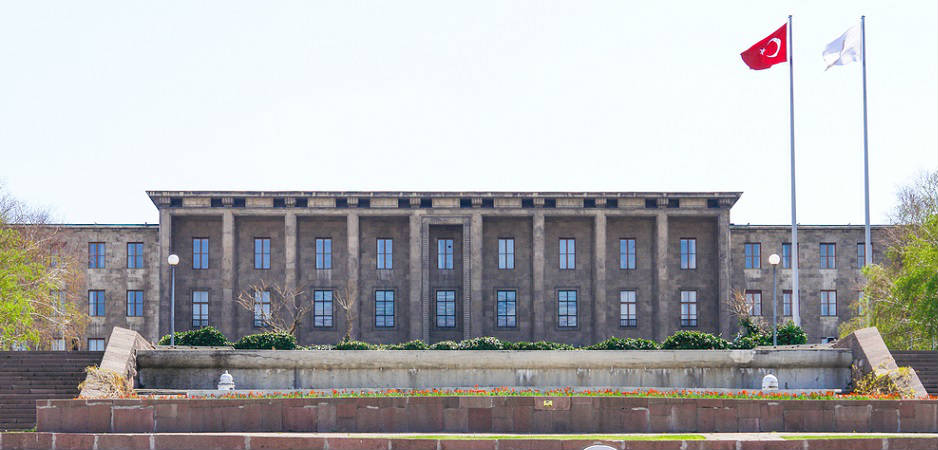
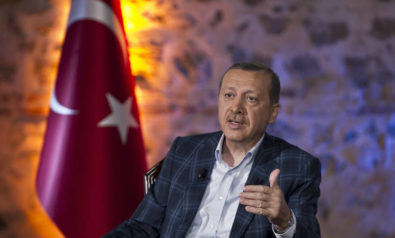
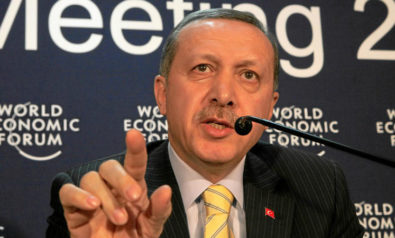
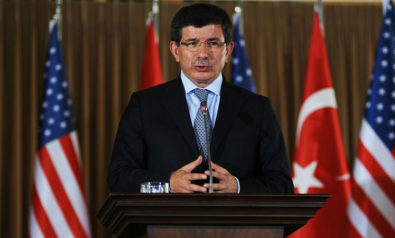


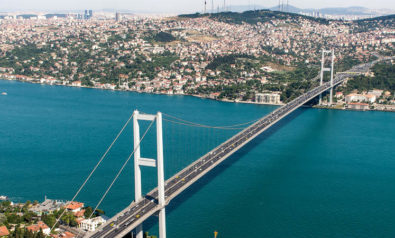
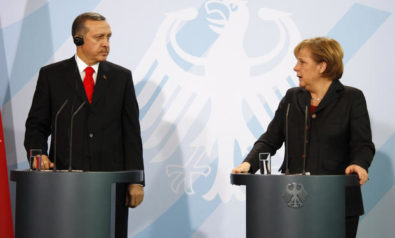
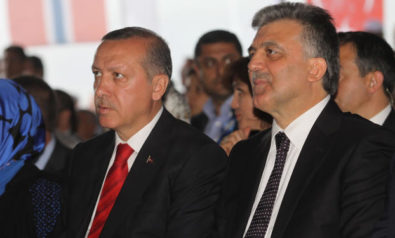
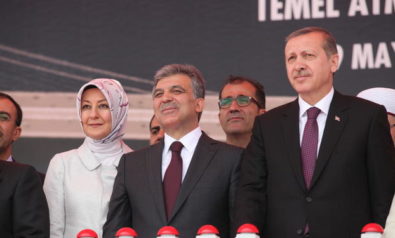
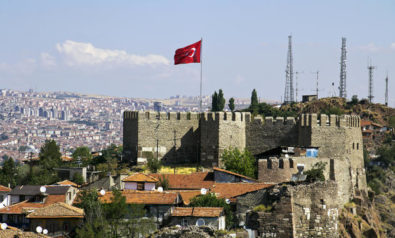
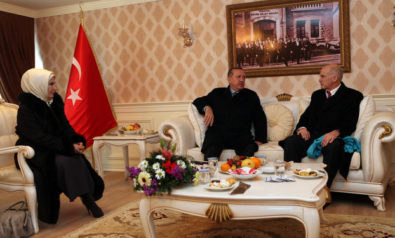
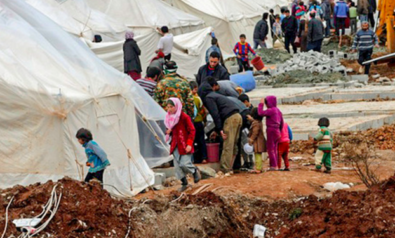
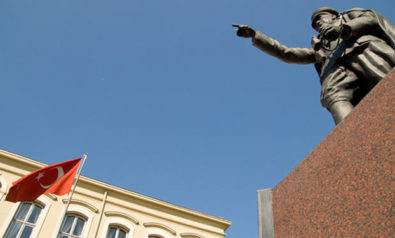
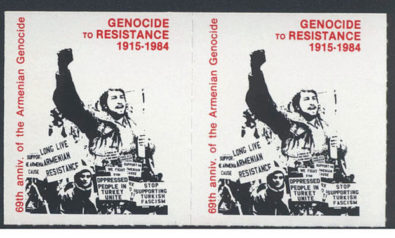


Comment